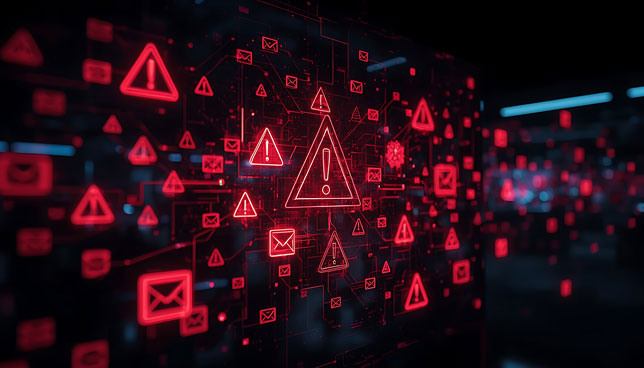
According to Google Cloud's 2026 Cybersecurity Forecast, AI will become standard for both attackers and defenders, with threats expanding to virtualization systems, blockchain networks, and nation-state operations.
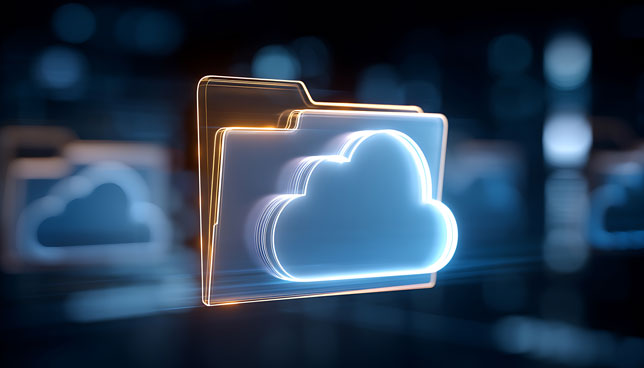
A recent survey commissioned by Backblaze found nearly all large organizations face hidden cloud storage charges that limit flexibility and drive data lock-in.
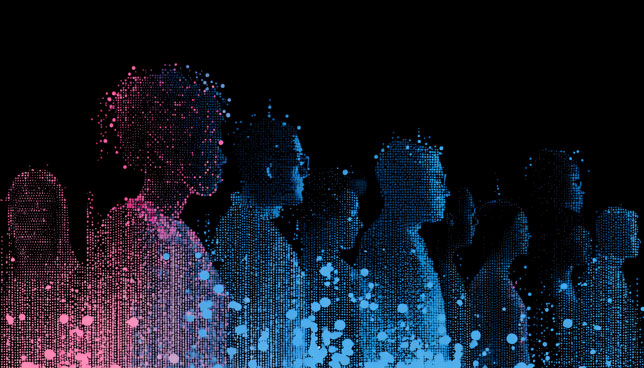
Educause has released its annual Top 10 report for 2026, highlighting the most important issues for technology leaders in the coming year.

A new survey from Instructure explores how prepared people feel to navigate today's workforce, utilize digital tools, and adapt to change.

Despite fears that artificial intelligence will lead to major workforce reductions, a new report from the Federal Reserve Bank of New York suggests that’s not happening happening ... yet.

Enterprise cloud teams are hitting barriers to scaling and resilience as AI-driven workloads surge, according to a new report from ControlMonkey.
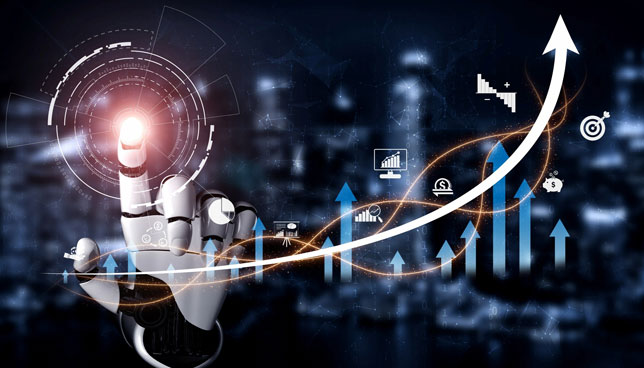
A recent global study found that while the adoption of artificial intelligence continues to expand rapidly across industries, a misalignment between perceived trust in AI systems and their actual trustworthiness is limiting business returns.

Cloud infrastructure is central to the shift from AI experimentation to AI integration, according to a new report from Cloudera on enterprise AI adoption.
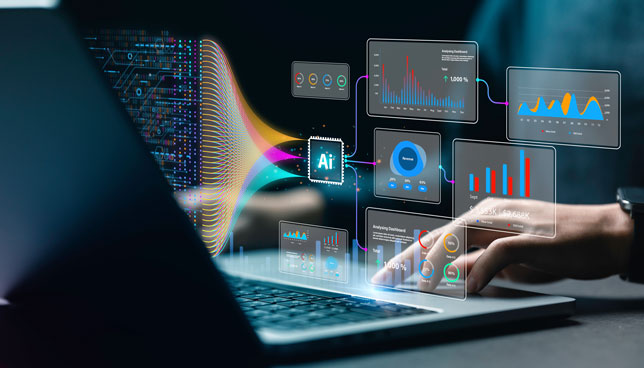
Adoption of AI tools is growing quickly but remains uneven across countries and industries, with higher-income economies using them far more per person and companies favoring automated deployments over collaborative ones, according to a recent study released by Anthropic.
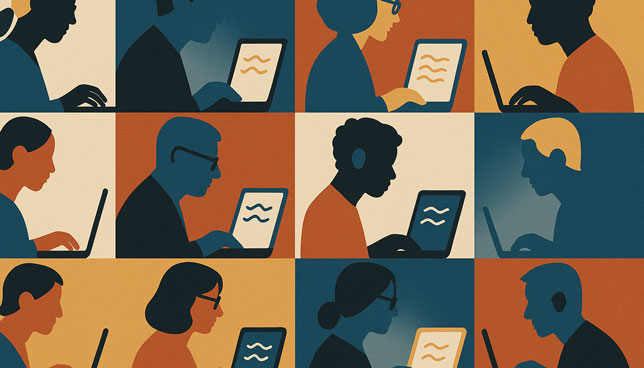
A new report from Anthropic provides insights into how higher education faculty are using generative AI, both in and out of the classroom.